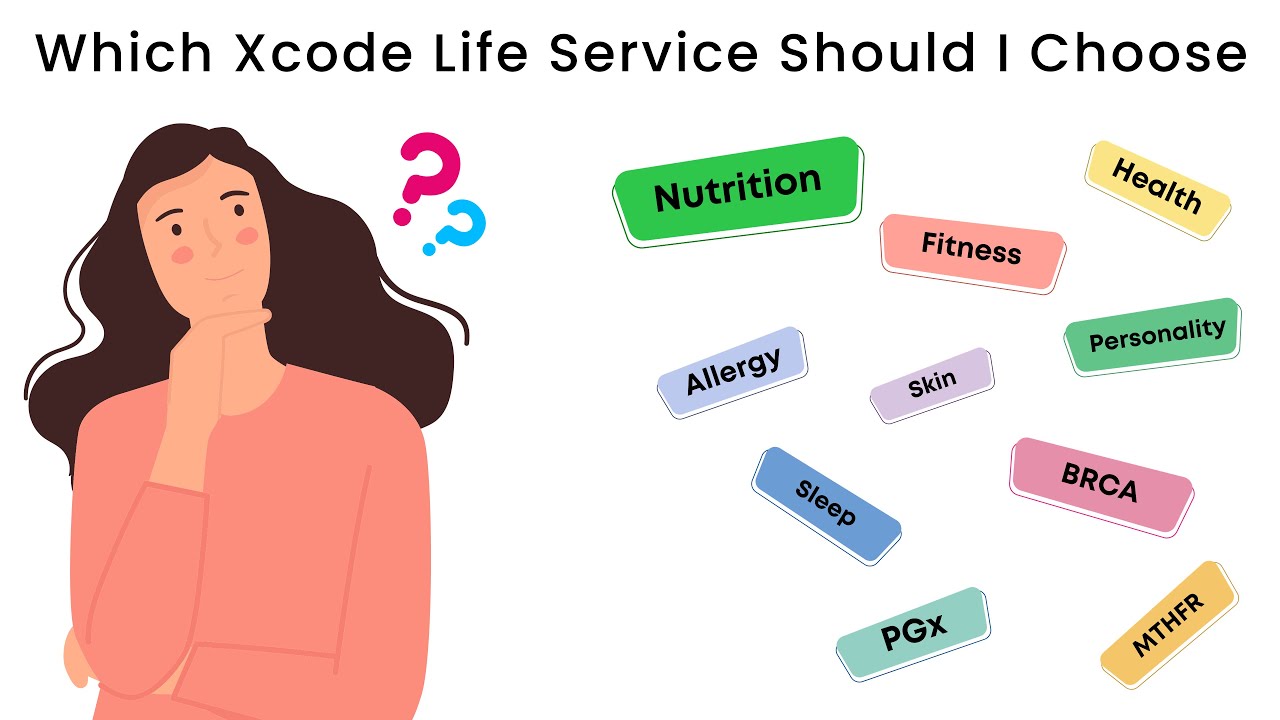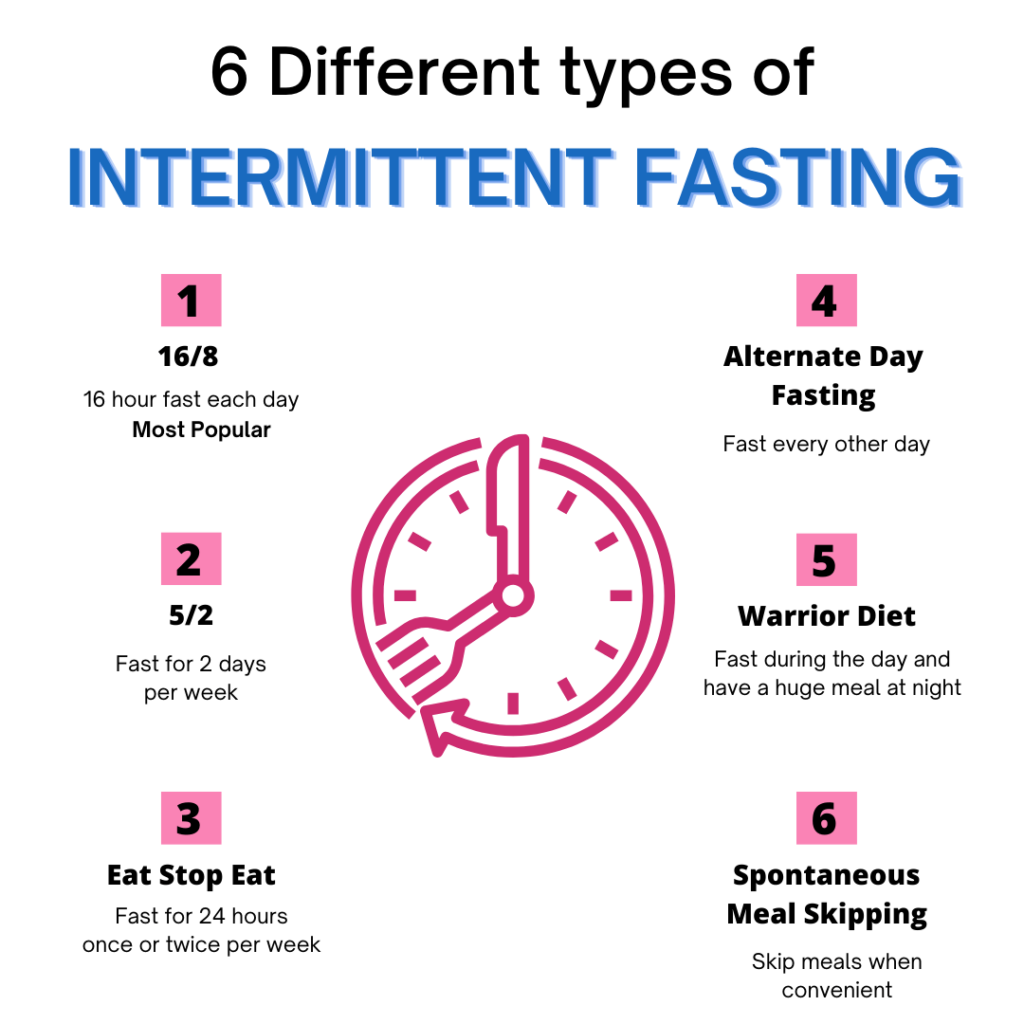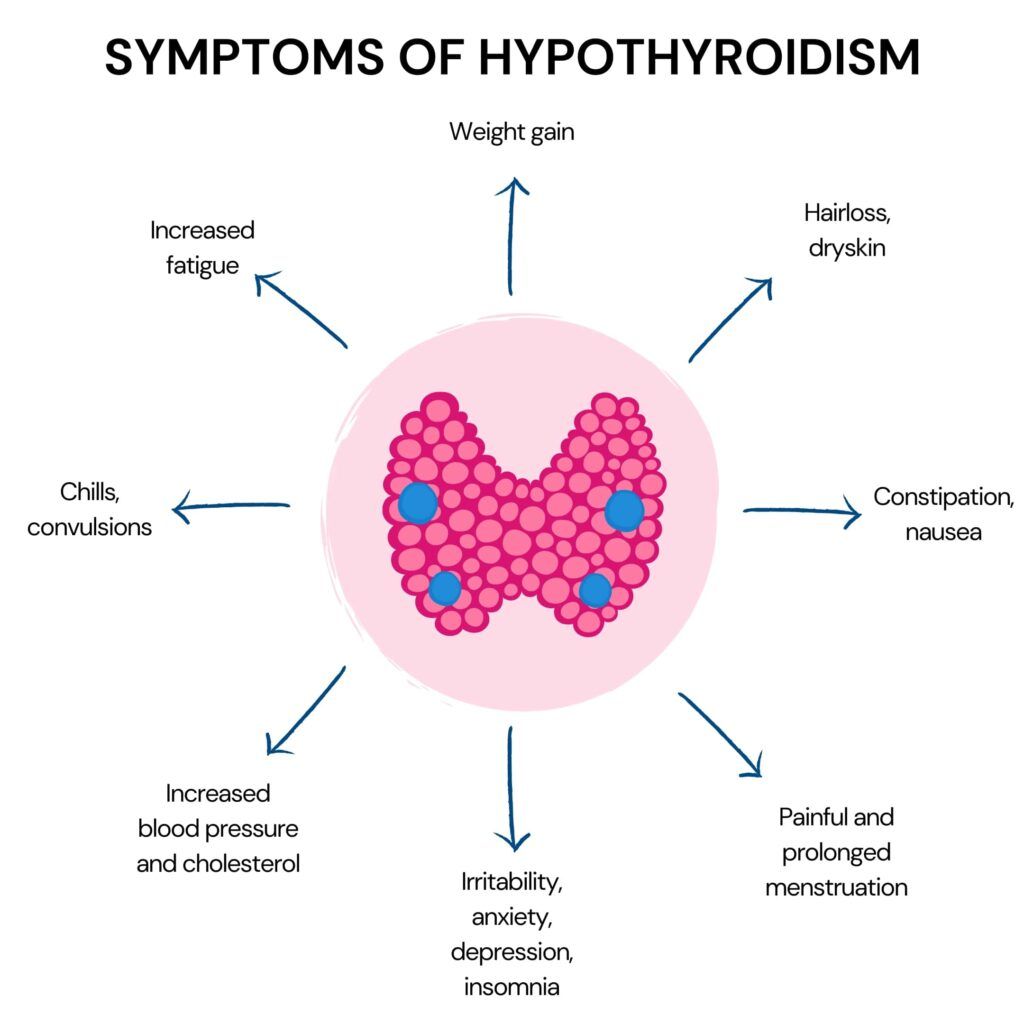Finding a balance between health and weight management can be challenging if you have hypothyroidism. While intermittent fasting has revolutionized the health and wellness sphere with its benefits for weight loss and health regulation, it’s essential to learn about its application to people struggling with hypothyroidism. This article is a deep dive into its benefits and potential risks, exploring the association between intermittent fasting and hypothyroidism.
The Thyroid Gland And Hypothyroidism: An Overview
The thyroid gland is a butterfly-shaped organ in the front of the neck.
It secretes the T3 and T4 hormones necessary for normal metabolism and functioning.
The pituitary gland in your brain regulates the thyroid through the thyroid-stimulating hormone (TSH).
Hypothyroidism is a disease affecting your thyroid that can occur due to:
- Underproduction of T3 or T4
- A malfunction in the pituitary gland
- A diet without enough iodine or selenium that impacts your thyroid
- Inflammation of the thyroid gland due to viral infections
- Autoimmune conditions like Hashimoto’s thyroiditis
Hypothyroidism slows down your body’s metabolism considerably.
This can lead to symptoms like:
- Feeling sluggish and lacking energy
- Rapid weight gain
- Poorer brain function and overall mood
- Constipation and other digestive problems
For more information, the American Thyroid Association offers helpful brochures on all aspects of hypothyroidism.
Did You Know?
Genetic ancestry tests are becoming increasingly popular. While your DNA can be used to learn about your roots, it can also reveal important things about your health risks and wellness aspects. This allows you to take proactive measures for health conditions, even before the symptoms appear, thereby preventing it. You can upload your DNA data to learn 1,500+ things about your health. Learn more.
What Is Intermittent Fasting?
Intermittent fasting, or time-restricted feeding, is a specific time-bound eating pattern.
Unlike diets where certain foods are eliminated or restricted from consumption, intermittent fasting emphasizes the time between meals.
Intermittent fasting can help delay aging, improve metabolism, and lose weight.
There are different ways to do intermittent fasting.
Types Of Intermittent Fasting
Some of the most popular fasting schedules include:
- The 5:2 diet: Eat five days a week and cut out or limit calorie intake on the other two days.
- Alternate day fasting: Eat a normal amount of food one day and restrict calories the next.
- The 16/8 diet: Fast for 16 hours, followed by an 8-hour eating window. Low-calorie beverages can help combat hunger pangs.
- Overnight fasting: This lasts 12 to 14 hours and is one of the most convenient types of fasting. It also helps reduce unhealthy late-night snacking.
- Whole-day fasting: In this method, you typically eat one large meal at a set time and avoid eating anything else for the rest of the day.
Health Benefits Of Intermittent Fasting
Julia Zumpano, a registered dietician, advocates for intermittent fasting.
She says, “We see a lot of benefits from a fasting state, even if it's a slight form of fasting, because what happens is that our body shifts its form of metabolism.”
Some of these benefits include:
- Reduced blood glucose
- Healthy insulin levels
- Weight loss
- Boosted metabolism
- Lowered blood pressure over time
- Reduced inflammation
Researchers have verified the benefits of intermittent fasting and recommend it for treating obesity and insulin resistance if done right.
Eating without fasting can elevate your blood sugar levels, causing inflammation.
Inflammation increases insulin resistance, increasing your risk of diseases like cancer.
Should I Try Intermittent Fasting?
Although intermittent fasting has many benefits, it may not be for everyone.
- People with diabetes can experience a sudden, life-threatening drop in their blood sugar levels while fasting.
- Children, pregnant or breastfeeding women, athletes, and underweight people should avoid intermittent fasting.
- People who suffer from certain nutritional deficiencies should avoid fasting.
- Intermittent fasting can trigger disordered eating in some people who already have conditions like anorexia or bulimia.
Consult a medical professional to determine if it’s right for you and what fasting technique could work best for you.
Intermittent Fasting And Hypothyroidism: Yay or Nay?
The thyroid gland is essential for metabolism.
It secretes hormones essential for the body’s normal functioning.
Thus, any fasting affects this organ directly.
Dr. David Jockers, who specializes in naturopathic medicine, strongly recommends intermittent fasting for hypothyroidism. “A fasting lifestyle is a healthy lifestyle,” he says.
Some people may benefit from intermittent fasting, but others may not have the same experience.
Intermittent fasting could do more harm than good for people with diabetes.
While it can improve insulin resistance, it can also cause blood sugar to drop drastically.
Some diabetes medications are affected by eating patterns, so it’s best to consult a doctor before beginning intermittent fasting.
The benefits of intermittent fasting for hypothyroidism include reduced inflammation and weight loss.
However, when not done correctly, skipping meals or fasting for multiple days may lead to nutrient deficiencies that may worsen hypothyroidism.
Intermittent Fasting And Thyroid Function
Research generally reports intermittent fasting can help alleviate hypothyroidism symptoms by decreasing body weight and improving insulin resistance without affecting thyroid hormones.
Thus, it’s important to understand exactly when and when not to do intermittent fasting in case you have hypothyroidism.
Dr. Eric Berg, DC, says, “Intermittent fasting… helps your body convert T4 to T3, just as selenium does. Because T3 is the active form of thyroid hormone, having more of it will improve your thyroid function if you’re hypothyroid.”
However, some studies report intermittent fasting affects thyroid function by lowering T3 and T4 hormone levels.
This can worsen hypothyroidism.
How To Do Intermittent Fasting With Hypothyroidism
Intermittent fasting can help you manage hypothyroidism and Hashimoto’s disease.
But you must be sure that your adrenal glands are functioning decently and that you don’t have diabetes.
However, intermittent fasting may be beneficial for hypothyroidism if done correctly.
- Do not start with strict time or calorie restrictions. You can begin with 2-3 meals per day.
- Planning your fasting around your bedtime can make it easier. Fasting for two hours before and after bedtime can help you achieve 12 hours of fasting. Increase this window as you ease into your schedule.
- Make sure all your meals are well-balanced with adequate macros and micros.
- As you increase your fasting time, check your thyroid hormone levels periodically.
Intermittent fasting affects people differently.
If you have any health issues, including hypothyroidism, consult a doctor for an optimal diet plan.
Intermittent Fasting And Thyroid Medications
Food is one of many factors responsible for properly absorbing thyroid medications.
If you are on medications for thyroid health, such as Synthroid, levothyroxine, or armor, fasting can help you absorb them better.
Taking these medicines first thing in the morning on an empty stomach is advisable for better results.
It’s essential to remember that this is an informational article that shouldn’t be considered a substitute for professional medical advice.
If you are on medication, talk to your doctor before changing the timings, dosage, or diet.
Frequently Asked Questions
What’s The Difference Between Intermittent Fasting And Calorie Restriction?
While intermittent fasting involves avoiding eating for long periods, calorie restriction means reducing your daily calorie intake without necessarily cutting out meals. Both techniques are reasonably effective for weight loss.
How Can Thyroid Patients Lose Weight Fast?
Over time, regular exercise and a healthy diet can stabilize poor thyroid metabolism. Some medications like levothyroxine may also help.
What Is The Best Fasting Schedule For Hypothyroidism?
Overnight fasting (12-14 hours) is enough for people with hypothyroidism to start seeing some benefits. It allows sufficient fat breakdown and reduces the chances of adverse side effects from starvation.
What Should You Be Eating For Your Thyroid Every Morning?
Eggs are a healthy option for people with hypothyroidism. They contain selenium, iodine, and vitamin D, which are beneficial for thyroid function.
Summary: Intermittent Fasting and Hypothyroidism
- Intermittent fasting involves fasting for a specific time, followed by an eating window.
- Intermittent fasting can benefit those struggling with calorie-restricted diets.
- Hypothyroidism patients often experience weight gain as a result of slow metabolism.
- Intermittent fasting could help those with hypothyroidism manage their weight without restricting their diet.
- It’s also likely that fasting can help thyroid medications absorb better.
- However, intermittent fasting may have an impact on thyroid hormone levels.
- When starting intermittent fasting, it is vital to do it gradually under the guidance of a qualified medical practitioner.
Others Are Also Reading

Intermittent Fasting & Weight Loss: Eating Less Or Eating Less Frequently?

Is Hypothyroidism Genetic?

A Complete Guide To Fasting Teas: The Dos, Donts, Benefits, & Risks
References
- https://oxfordhealthspan.com/blogs/aging-well/fasting-and-hypothyroidism-friends-or-foes
- https://pubmed.ncbi.nlm.nih.gov/31751150/
- https://www.sciencedaily.com/releases/2021/09/210929124340.htm
- https://www.healthline.com/nutrition/intermittent-fasting-metabolism
- https://www.ncbi.nlm.nih.gov/books/NBK279388/
- https://cdnsciencepub.com/doi/10.1139/apnm-2019-0554?url_ver=Z39.88-2003&rfr_id=ori%3Arid%3Acrossref.org&rfr_dat=cr_pub++0pubmed
- https://www.ncbi.nlm.nih.gov/pmc/articles/PMC4450165/








